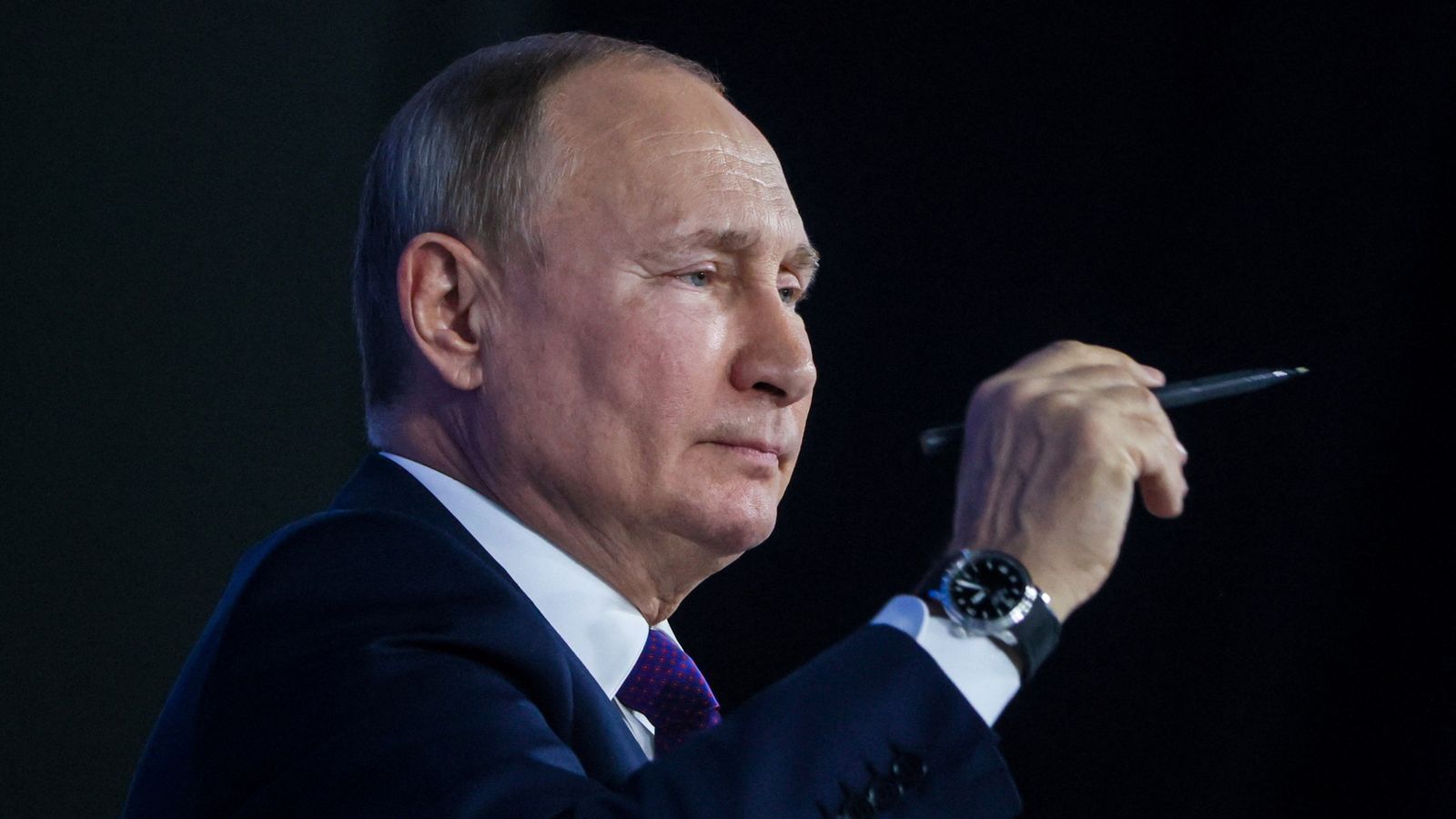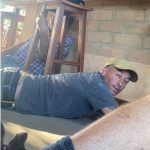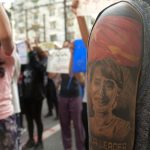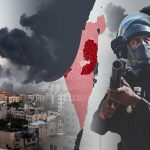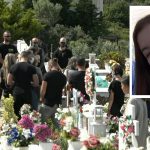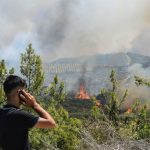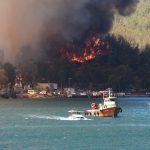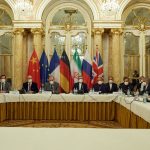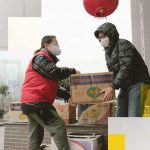“We are not threatening anyone!”
That was what Vladimir Putin said as he worked himself up to near fever pitch over my question as to whether he would unconditionally guarantee not to invade Ukraine or any other sovereign country.
“Are we deploying missiles near the US borders? No we’re not! It was the USA who came with missiles to our porch. They are already at the doorstep of our house!” the Russian president added.
“You must give us the guarantees – it is up to you and you must do this immediately. Right now!”
Not 10 minutes later and he is all smiles, discussing Father Christmas and that only children who are good should receive presents.
This is the nature of Mr Putin’s annual news conference – a hotchpotch of questions ranging from international affairs to extremely local issues from mostly compliant media.
This year, numbers were halved to around 500 over pandemic concerns, with outlets hand-picked by the Kremlin.
Russia sets out list of demands from NATO in draft security deal
US warns Russia it will be hit with harshest sanctions yet if it invades Ukraine
British Army restructure sees hundreds of tanks and troops return to Germany after withdrawal less than a year ago
It comes at a time of heightened concern in Western capitals that Russia’s latest huge military build-up on its border with Ukraine is a prelude to war.
Most signs point to Putin having a plan to invade – but could he be made to think twice?
‘We know for sure who the enemy is’ – on the frontline of a forgotten war
NATO’s eastward expansion has long been a festering sore for Russia’s president.
Putin feels genuinely aggrieved
There is no doubt that he feels genuinely aggrieved by what he claims were promises made to the Soviet Union, if only verbally, that NATO would not deploy troops beyond the borders of eastern Germany.
“NATO guaranteed us in the ’90s not to move a single inch to the east. And you know what? They cheated us,” Mr Putin said.
“Five waves of NATO expansion! And there you go – they’re now in Romania and Poland, with weapons systems.”
Even former Soviet president Mikhail Gorbachev has denied these commitments were made.
But it is perhaps enough that Western leaders did not specifically disavow their Soviet counterparts of that belief.
NATO on Russia’s doorstep has long been Mr Putin’s bugbear.
But he is doing a good job of painting Russia as the aggrieved party and the West as an existential threat, supposedly content not just with the dissolution of the Soviet Union but determined to expedite the breakup of Russia now.
Under attack from all sides
This is a message for his audience back home, to reinforce the notion of “Fortress Russia”, under attack from all sides.
The notion that NATO is a purely defensive alliance, no matter how often it is said, does not land with the Kremlin.
It sounds, therefore, as though Russia will come to the negotiating table next year in fighting spirit, but that is better than an actual fight.
The question is, are Russia’s demands so outlandish that they serve as a pretext for war? Or are they simply playing hardball, coming in high as any good bargainer would.
There are those in Europe who fear that granting any concessions to Mr Putin will show weakness, along the lines of give him an inch, he’ll take a mile.
But there are issues of strategic stability and arms control which need to be discussed and NATO on Russia’s doorstep should at least be recognised as a legitimate concern for the Kremlin.
Requests for legally-binding guarantees from a state which continually attempts to subvert the international rules-based order, whether that is through poisoning with Soviet-era nerve agents, grabbing territory off sovereign nations or launching massive cyber-attacks, is pretty rich.
Eastern Ukraine is not akin to genocide
Mr Putin has already said that what is happening in eastern Ukraine is akin to genocide; it is not.
Please use Chrome browser for a more accessible video player
But he is preparing his own people for what he will call a provocation, one of the Russian state’s most overused words – and for the premise that Russia has no choice but to step in to protect innocent civilians in Donbas, most of whom have now been granted Russian citizenship.
The West is therefore right to be extremely wary, but as Foreign Secretary Liz Truss said on Thursday, the only way out is through dialogue.
Sincere dialogue which yields outcomes will also require from Russia a significant nod towards de-escalation along its border with Ukraine.
That is potentially a first and significant stumbling block, one of what will no doubt be many.
Nevertheless, even Mr Putin must recognise there is merit in giving peace a chance.
